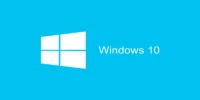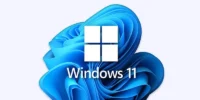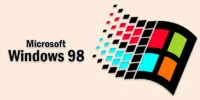What is Ubuntu Software History, Overview, Features, Versions, Security and Installation
Published: 3 Feb 2025
What is Ubuntu Software
Ubuntu software refers to the collection of applications and tools available for the Ubuntu operating system. It includes both open-source software, which is free and can be modified, as well as proprietary applications. Ubuntu software covers a wide range of programs for everyday use, development, security, and system management, all designed to run smoothly on the Ubuntu platform.
History of Ubuntu
Did you know that Ubuntu, one of the world’s most user-friendly Linux distributions, was first released in 2004? With its open-source nature and extensive software options, it has made Linux accessible to millions of users. But what exactly is Ubuntu software, and why has it gained so much popularity? Let’s explore what makes Ubuntu software stand out in the world of operating systems.
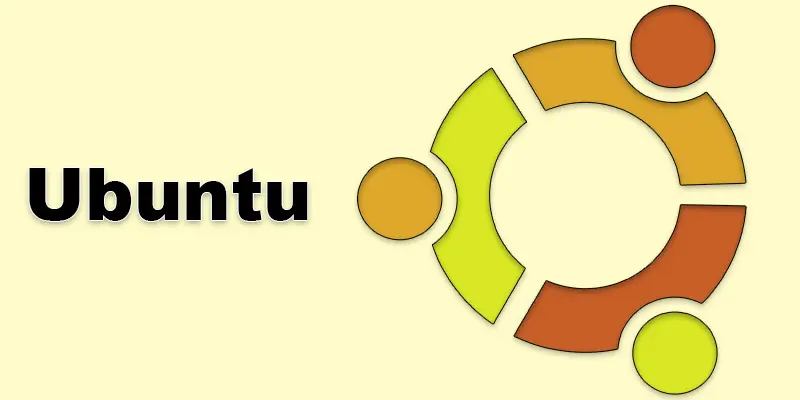
Overview of Ubuntu
Ubuntu software refers to the collection of tools and applications designed to run on the Ubuntu operating system. Ubuntu was first released in 2004 and quickly became one of the most popular Linux distributions due to its vast range of software and user-friendly interface.
Ubuntu software’s primary goal is to give consumers a straightforward, effective, and safe computing experience, whether they’re using it for online browsing, document editing, or software development. It is best suited for beginners looking to explore Linux, as well as experienced users who value a customizable and open-source platform.
Features of Ubuntu
Ubuntu is packed with features that make it a great choice for both new and experienced users. From its simple setup to its powerful tools, Ubuntu offers a smooth and customizable experience, making everyday computing tasks easy and enjoyable.
- User-Friendly Interface
- Open-Source and Free
- Security Features
- Software Management
- System Stability
- Support for Developers
- Compatibility and Hardware Support
- Customization Options
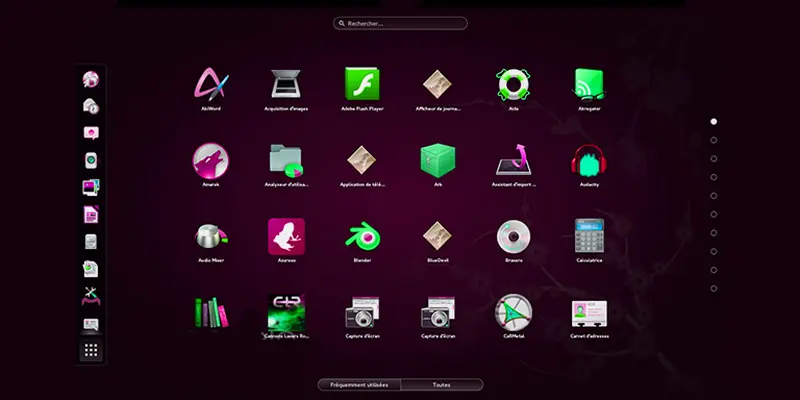
Easy-to-use Interface
Even if you’re new to Linux, Ubuntu’s user-friendly interface is made to make things easy and intuitive for everyone. The desktop is clean, with easy access to apps, settings, and tools right from the taskbar or application launcher. For example, you can quickly open the Ubuntu Software Center to browse and install apps with just a few clicks. It’s an interface that feels familiar, making it easy to get started without any technical expertise.
Open-Source and Free
Ubuntu software is open-source, meaning its code is freely available for anyone to use, modify, and share. This makes it completely free, saving you money compared to other operating systems. Developers from around the world contribute to improving it, ensuring it’s always up-to-date and secure. For example, LibreOffice, a free alternative to Microsoft Office, is a popular open-source software included in Ubuntu.
Security Features
Ubuntu is built with security in mind, making it one of the safest operating systems to use. It includes a built-in firewall and regular security updates to protect your data from threats. For example, Ubuntu automatically patches vulnerabilities as soon as they’re discovered, keeping your system secure without any extra effort. Tools like ufw (Uncomplicated Firewall) let you easily manage network security, even if you’re a beginner.
Software Management
Ubuntu makes managing software easy with its built-in tools like the Ubuntu Software Center. This is a simple app where you can browse, install, and update a variety of programs, all with just a few clicks. You can find everything from web browsers to games and productivity tools. For example, if you want to install a photo editor, you can simply search for “GIMP” in the Software Center and install it right away.
System Stability
Ubuntu’s reputation for reliability and consistent performance makes it a trusted choice for both personal and professional use. Unlike some operating systems that may crash or freeze often, Ubuntu runs smoothly even on older hardware. For example, many servers worldwide use Ubuntu because of its ability to handle heavy workloads without issues. Its regular updates and strong community support ensure your system stays stable and secure.
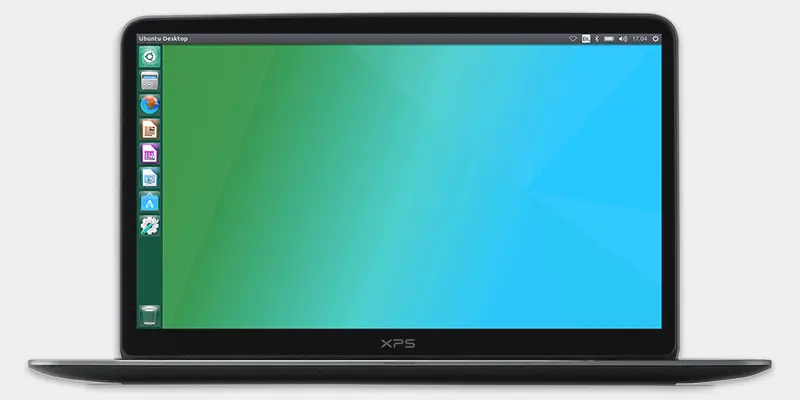
Support for Developers
Ubuntu is a favorite among developers because it offers all the tools needed for coding, testing, and deploying applications. It supports multiple programming languages like Python, Java, and C++, and includes pre-installed tools such as Git for version control. Developers can easily set up environments for web development, data science, or software creation. For example, you can use Ubuntu to run Docker containers, build apps with Visual Studio Code, or test projects in a secure and stable environment.
Compatibility and Hardware Support
Ubuntu is highly compatible with a wide range of devices, from older laptops to modern desktops. It works well on most hardware without the need for additional drivers, making it a great choice for repurposing old computers. For example, if you have an older PC that struggles with Windows, installing Ubuntu can give it a new life with faster performance and smoother operation.
Customization Options
Ubuntu offers a lot of customization options, allowing you to personalize your desktop and make it your own. You can change the appearance with different themes, adjust the layout of your taskbar, or add new widgets to display useful information. For example, you can use “GNOME Tweaks” to change the look and feel of your desktop or install extensions to add new features like weather updates or quick access to files. Customizing Ubuntu helps make your computing experience more comfortable and enjoyable.
Ubuntu Versions
Ubuntu is a well-known Linux-based operating system with a variety of editions tailored for varied needs, from novices to experts, and is renowned for its intuitive interface and frequent upgrades.
- Ubuntu 17.04 (Zesty Zapus) – April 2017
Introduced the updated GNOME desktop, providing a smoother user experience.
- Ubuntu 17.10 (Artful Aardvark) – October 2017
Shifted to GNOME as the default desktop environment, marking a major change for the system.
- Ubuntu 18.10 (Cosmic Cuttlefish) – October 2018
Focused on enhancing the GNOME desktop environment and improving system performance.
- Ubuntu 19.04 (Disco Dingo) – April 2019
Introduced new features for cloud and IoT, improved performance, and modernized GNOME.
- Ubuntu 19.10 (Eoan Ermine) – October 2019
Included the GNOME 3.34 update, focusing on visual enhancements and better hardware support.
- Ubuntu 20.10 (Groovy Gorilla) – October 2020
Integrated the GNOME 3.38 release, improved the Linux kernel, and added support for new technologies like Raspberry Pi 4.
- Ubuntu 21.04 (Hirsute Hippo) – April 2021
Introduced the Linux 5.11 kernel, new features for Wayland, and performance optimizations.
- Ubuntu 21.10 (Impish Indri) – October 2021
Enhanced performance with the GNOME 40 desktop and updated graphics stack.
- Ubuntu 22.10 (Kinetic Kudu) – October 2022
Focused on integrating the latest GNOME and hardware improvements.
- Ubuntu 23.04 (Lunar Lobster) – April 2023
Aimed at modernizing the system with further GNOME improvements and enhanced cloud compatibility.
- Ubuntu 23.10 (Mantic Minotaur) – October 2023
Improved desktop features, updated software packages, and new security enhancements.
- Ubuntu 24.04 (Predicted) – April 2024 (Upcoming)
Expected to be the next standard release with a name starting with “T.” It will likely introduce the latest software and features, with long-term support available.
- Ubuntu 25.04 (Predicted) – April 2025 (Upcoming)
Expected to build on Ubuntu’s current trajectory with more optimizations, new technologies, and refined user experience. The codename will likely begin with “U.”
Security Ubuntu
Ubuntu takes security seriously with regular updates and built-in features to protect your system. It uses a strong firewall by default to block unwanted connections and has tools like AppArmor to limit the actions of software. Regular security patches are automatically installed, keeping your system up to date. Additionally, Ubuntu’s software is carefully reviewed for vulnerabilities, providing a safer environment for users.
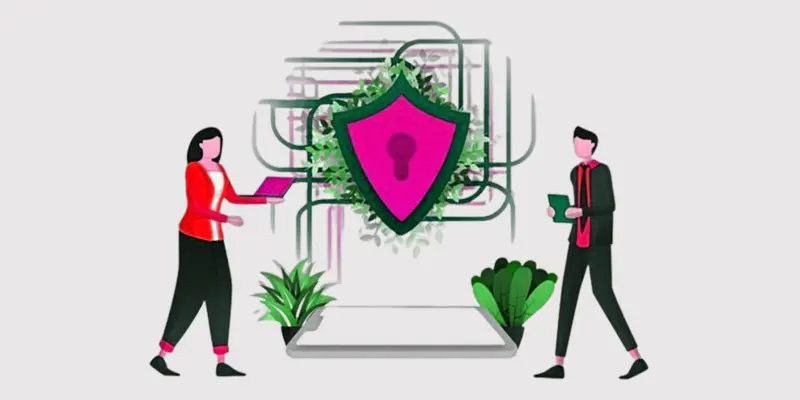
Installation Ubuntu
Ubuntu installation is a straightforward procedure that includes a few essential stages. Download the Ubuntu ISO file from the official website to get started. Next, use a tool like Rufus to quickly create a bootable USB drive. After that, boot from the USB drive and restart your computer. To choose your keyboard layout, time zone, and language, adhere to the on-screen directions. You’ll also choose whether to install Ubuntu alongside your current operating system or replace it completely. After that, the installation will proceed, and you’ll be guided through setting up a user account and password. Once completed, you’ll be ready to use Ubuntu!
Conclustion – About Ubuntu Meaning
Ubuntu is more than just an operating system; it’s a gateway to open-source possibilities and a thriving community of innovators. By exploring Ubuntu software further, you’ll unlock the potential to customize, secure, and enhance your computing experience. Embrace the journey and discover how Ubuntu can empower your digital world!
FAQS – What is Ubuntu Operating System
Linux serves as the foundation for Ubuntu, a free and open-source operating system. It is easy to use and made for servers, desktop computers, and Internet of Things gadgets. Many people use it for personal computing, programming, or running web servers.
Ubuntu requires about 4 GB of storage for installation and around 25 GB for smooth operation. However, lightweight versions, like Lubuntu, can work with even less space.
In 2004, Mark Shuttleworth and his business, Canonical, founded Ubuntu. Its objective was to make Linux more user-friendly.The name “Ubuntu” reflects the philosophy of community and sharing.
Ubuntu can run software, browse the internet, create documents, and more. It’s widely used for programming, hosting websites, and as a secure alternative to other operating systems. It’s versatile and works well for both personal and professional tasks.
Ubuntu is a type of Linux distribution, so it’s part of the Linux family. While Linux is the core, Ubuntu adds extra features and tools to make it easier to use. Think of Linux as the base and Ubuntu as a complete, user-friendly package.
Ubuntu is a South African term that means “humanity towards others.” It represents the idea of community, sharing, and working together. The operating system is named after this philosophy, reflecting its open-source and collaborative nature.

- Be Respectful
- Stay Relevant
- Stay Positive
- True Feedback
- Encourage Discussion
- Avoid Spamming
- No Fake News
- Don't Copy-Paste
- No Personal Attacks

- Be Respectful
- Stay Relevant
- Stay Positive
- True Feedback
- Encourage Discussion
- Avoid Spamming
- No Fake News
- Don't Copy-Paste
- No Personal Attacks


